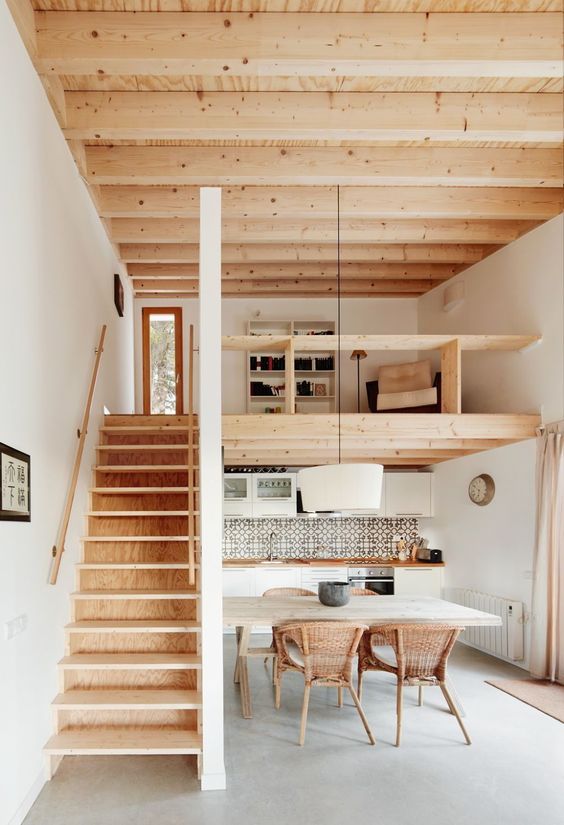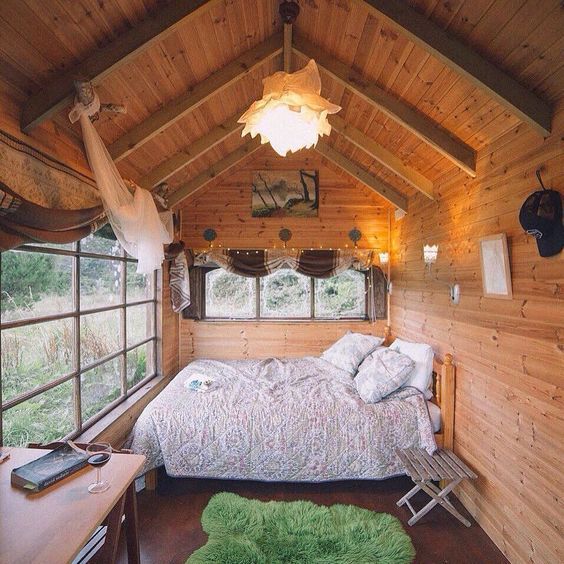Considered by many to be an obsolete material, wood is now experiencing a second golden age, and wooden houses are in high demand.
In the United States, the Scandinavian Peninsula or Western Europe, wooden houses already have a tradition. And rightly so. Wood is a building material with many benefits: it is environmentally friendly, has a much better price compared to brick or concrete and has many health benefits.

Ecology
Wood as a building material is unmatched. This is a natural, environmentally friendly material that does not generate waste, so it is durable, 100% recyclable, reusable, which helps mitigate climate change.
For the manufacture of wooden houses, local species are usually used, meaning wood that grows close to where the house is to be built. This favors the rejuvenation of the forests, because by cutting down the old trees younger ones are being planted and the vegetation is cleaned, which in case of fire is less likely to end with a catastrophic result for the owners. Everything is planned so as not to harm nature.
.jpeg)
Economy
Due to the lower price of wood compared to autoclaved aerated concrete (AAC) or brick, these houses are usually cheaper. The price differs only depending on the characteristics of the house, the chosen dimensions, but also the rest of the equipment/compartments you wish to include.
Furthermore, this material is a good insulator and is easy to transport. The labor cost is also lower, as wooden houses are built much faster.
Health
Studies have shown that wood has many health benefits. It helps improve sleep, reduces the risk of rheumatism and improves the quality of the air we breathe.
At psychological level, it is proven that wood helps reduce the risk of depression. In fact, there is wood therapy, in which wood is used to balance energy and tone the body. In addition, there is no tone more welcoming than that offered by wood.
Photo credit: google.ro

(1).jpg)

.jpeg)

 52.89 sqm
52.89 sqm 2
2 100.3 sqm
100.3 sqm 3
3 104.56 sqm
104.56 sqm 4
4 55.54 sqm
55.54 sqm 2
2 53.55 sqm
53.55 sqm 2
2 100.4 sqm
100.4 sqm 3
3(1).jpg)